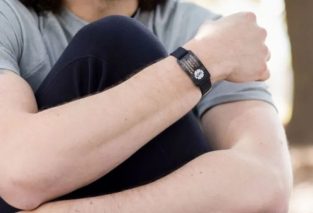Medical ID bracelets are lifesaving devices that alert first responders to a person’s chronic health conditions, allergies, and mental health disorders.
Having this information can be invaluable to hasten someone’s course of treatment and save their life, especially if they are unconscious or otherwise unable to communicate. First responders are trained to look for medical IDs.
Here’s a quick rundown about some of the conditions for which medical IDs are particularly beneficial.
Who Should Wear a Medical ID Bracelet
Medical ID bracelets are appropriate for people who have been diagnosed with the following health conditions:
- Food allergies such as nuts, dairy, shellfish, eggs, tree nuts, and fish can cause severe and even life-threatening anaphylactic reactions. Conveying this information to first responders can be lifesaving if a severe reaction occurs.
- Drug allergies: The most common type of drug allergy is penicillin. Wearing a medical ID band for penicillin allergies is one more safety check in the healthcare setting to prevent the accidental administration of penicillin or a related antibiotic.
- Stinging Insect Allergies: Many people are allergic to stinging insects such as wasps, yellow jackets or bees, and some people experience a severe anaphylactic reaction that requires them to carry an EpiPen. As with food allergies, conveying this information to first responders can be lifesaving.
- Chronic conditions: There are many chronic conditions that benefit from wearing a medical ID, which include diabetes, heart disease, chronic kidney disease, bleeding or clotting disorders, and hearing or vision impairments that can affect communication.
- Mental Health Issues and Illnesses: Listing mental health issues and illnesses on a medical ID can provide valuable information for first responders on how to interact with someone with a mental health disorder. Someone with schizophrenia may have delusions, while a person with autism may not be able to follow instructions issued by first responders.
Different Types of Medical IDs
A medical ID should be worn at all times unless a person is advised not to do so by their healthcare provider.
American Medical ID offers a wide variety of different medical IDs for men, women, and children. Options range from the traditional bracelet to delicate necklaces to sporty wrist and watchbands, as well as phone and USB ids.
Most importantly, the medical ID should be in a place that is obvious to first responders so that they notice it and can incorporate that information into the care provided.







